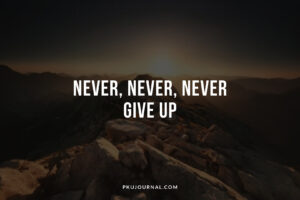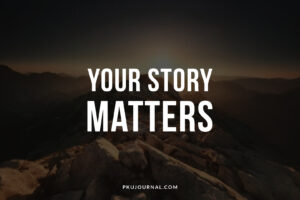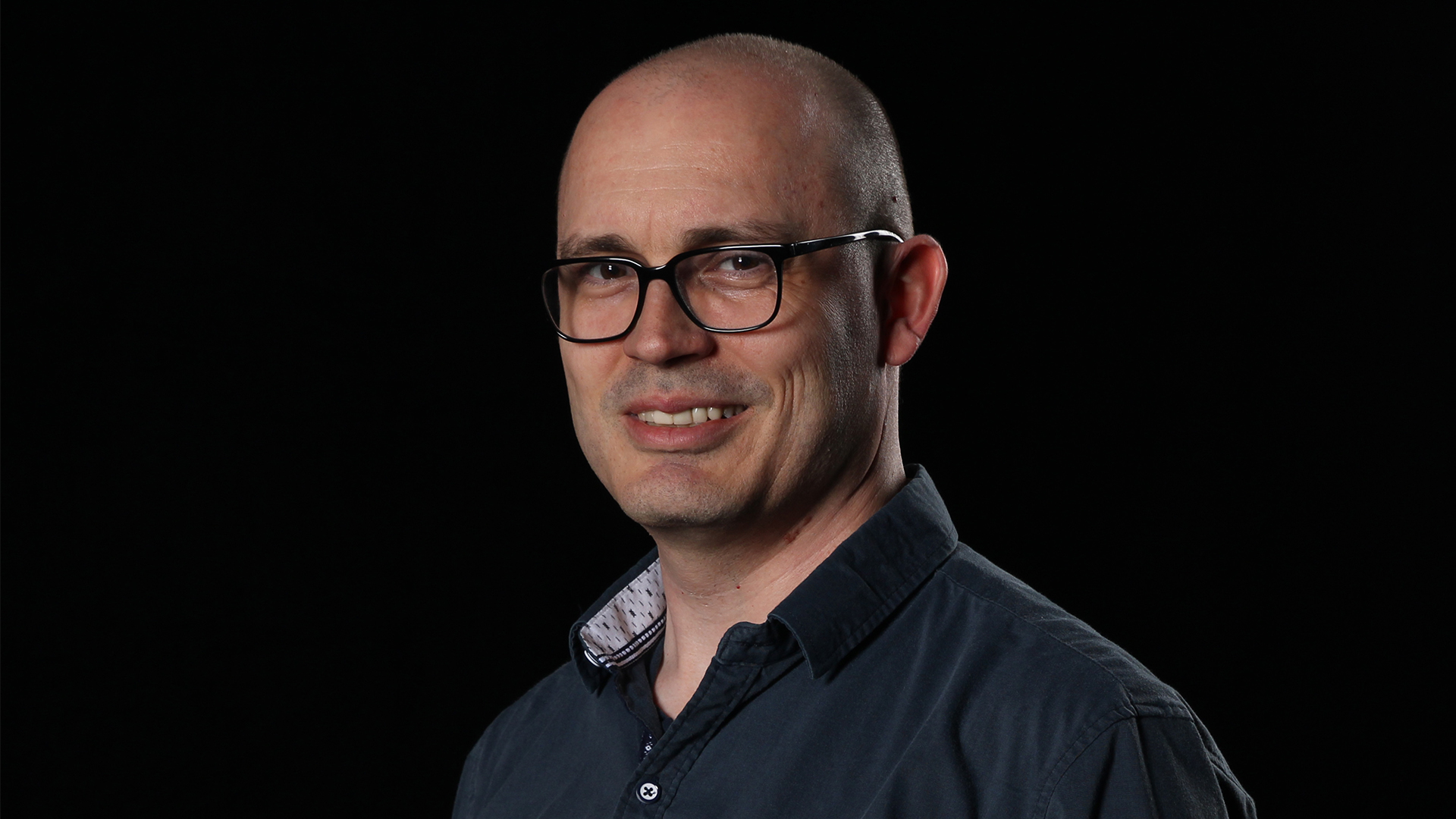In this article, I reflect on my personal journey of rare disease advocacy and burnout. Join me as I reflect on my experiences and explore the intersection of advocacy, mental health, and self-care.
Reflecting on My Journey into Rare Disease Advocacy
In the first episode I shared my experiences as a TV photojournalist, how it affected my mental health, and how all of that influences my approach to advocacy. If you haven’t listened to it yet, I encourage you to go back and listen to it first. It’s the foundation of my blog and this podcast, and going forward I’m going to assume you’re familiar with that story. It is a long one. It’s a story that had been building for 13 years, before I was in rare disease advocacy. I had to tell that story so that I could move on in life.
It’s been an interesting few months since then. I’ve been more open about those experiences, and remembered others that I simply forgot… or blocked out.
But one thing that’s happened that I hoped would… I’ve had conversations about mental health with former colleagues and others still working in journalism. I realized that I’m not alone. I’m not the only one who stays awake at night thinking about stories they covered 20 years ago. I left TV news in 2008, and at the time no one talked about mental health in that world. At least not in my experience.
I heard from a friend the other day who works in the national media at a major newsgathering organization. He said he shares the experiences we used to have out in the field with his colleagues, and the impact that covering trauma can have on the human telling the story. He and his colleagues have been covering some of the most heartbreaking stories that you’ve seen recently. It was nice to hear how things have changed in that world, and that least some journalists today are working in environments where that is discussed.
The story I’m about to share began with one of those experiences I’ve had in the last few months… talking with someone I used to see in the field all of the time. Two former TV photojournalists, both working in commercial production now… no longer in their twenties and believing they are invincible.
It reminded me of the importance of self-care. And the best thing I did in 2008 to take care of myself was to leave local TV news. For my physical health, my mental health, my relationships.
And one thing is for certain… if I had stayed in TV news, I never would have produced “My PKU Life”. I never would have engaged in advocacy. I never would have met so many amazing people across the world.
Because news is all consuming.
I don’t like feeling like a quitter, but I had to quit being a TV photojournalist in order to move on in life.
And a few years ago, I had to quit rare disease advocacy… or at least put it on hold for a while.
Because I was burned out.
When Burnout Quietly Took Hold
Christmas week of 2022 was cold no matter where you live in the US. Some places, like Buffalo, New York, got once-in-a-century levels of snow. Others, like where I’m from in North Louisiana, got unseasonably cold temperatures. At Christmas it’s typically 70 degrees Fahrenheit around here. I had to break out the kind of cold weather gear I used on a video shoot in Siberia years ago. It just never gets that cold here.
Which normally wouldn’t be that big of a deal for me. I enjoy being in cold weather. But I had to work in it all day. I’m a commercial videographer these days, and I had an assignment filming at a college football game. The Independence Bowl is held here every year, and broadcast on ESPN. I had a fun shoot throughout the week, following the players around town as they saw some local sites. And we sent those highlights to ESPN to air during the game. But game day, my assignment was different. I wasn’t there to film the game. I was there to get footage of all of the festivities to use in future promotions.
Before and during the game I ran into some old colleagues on the sidelines, people I knew from my previous life in TV news. And some former competitors as well. I say “competitors” loosely, because even though we technically were competitors, there’s a bond that is shared amongst many TV photojournalists. We would do what we needed to get our jobs done and represent our stations well. But we also would spend hours sometimes on the side of a road at a crime scene, waiting for updates. And so you get to know each other pretty well. There’s a shared experience from working in the field that others just can’t understand.
Anyway, at one point I was chatting with one of them and the conversation naturally drifted to mental health… and PKU.
I didn’t talk a lot about PKU back in those days. Sure, the people I worked with and knew well obviously knew about it. You can’t sit down and eat with coworkers without the conversation coming up. But others I used to see out in the field from other stations? When was I supposed to bring it up with them?
So, standing there with that other videographer at the game, I was surprised when an opportunity to talk about PKU came up. I took it. And so, I found myself standing outside in 10-degree weather, talking with someone I had not seen in years, discussing the two most important topics in my life right now – the mental health toll inflicted upon TV photojournalists… and PKU advocacy. It felt good to talk to someone about something we could both relate to – our shared experiences in the field – but also to share my story about living with PKU and why advocacy is so important to me.
But a year ago the last thing I wanted to talk about was PKU. I was completely burned out. It’s one of the many reasons I disappeared from social media for a few years.
Living Between Two Worlds: Personal Life and Advocacy
Ever since I entered the world of PKU, newborn screening, and rare disease advocacy, I’ve been pretty open about my life. It’s not something I planned or expected. I was so used to being behind the camera as a TV photojournalist telling other people’s stories. There’s something I was taught in journalism school – you are not the story.
But when I shared my story, and people actually listened, I was surprised. The more I heard from my viewers that my story inspired them, the more I decided to open up and share my life. It may sound weird, but since I relate everything back to working in TV stations it makes sense to me… it felt like becoming an on-air personality on a morning show. I would travel and meet people in our community, and they would say, “I feel like I already know you.”
And so, at a certain point, I decided to put all of my focus and attention on advocacy. I had spent years of my life telling stories in our local community, and working in news is all-consuming. You have time for little else. I guess I took that same mentality and applied it to my rare disease advocacy. In my mind, I was still a journalist, and PKU was my “beat”. It’s the rare disease I know best, so it’s where I’ve focused most of my efforts over the years. I still consider it the most important story I’ve ever told. I don’t regret that because it led to some amazing experiences traveling the world and making friends in our community.
But over time it took a toll.
Fear is an interesting thing. When Hurricane Ida hit Florida in 2022, I saw footage on the news and immediately thought, “I wish I could be there covering this.” I told that to a friend who is a former satellite truck engineer. He laughed, and said, “Oh, me too!” I rode out of a couple of hurricanes and covered the aftermath of other natural disasters, including Hurricane Katrina, so walking in that world isn’t new to me. I’m not afraid to cover a hurricane.
But I’m terrified of letting people down.
I have this little voice in my head that just screams at me, “You’re not doing enough!” Even when I was the most active in advocacy before my break from social media, when my Facebook page was growing tremendously and I was getting messages all of the time, I would try to help someone and then immediately feel like it wasn’t enough. I know that stems from covering the news and feeling powerless to help. I spent years standing by and doing nothing to help as others were in pain or dying. So, when I got involved in PKU advocacy I realized that I could finally help and make a difference.
But that little voice in my head wouldn’t leave me alone. It seemed like no matter what I did, it didn’t feel like I was doing enough. So I pushed myself more. Trying new PKU media projects, constantly engaging on social media, saying “yes” to everything.
Until I ran out of energy. I was completely burned out and didn’t even want to talk about PKU anymore.
Facing Change, Finding Renewal
2022 was a year of tremendous change for me. I began the year in isolation from the PKU community. I ended the year with a full and grateful heart. Reconnecting with the PKU community and participating in advocacy again was exactly what I needed.
But it was a hard year as well. I shared my mental health story in the previous episode, and when I first wrote it in 2022, painful memories resurfaced. I spent months on edge. Many sleepless nights. Remembering stories I covered, sights that I can’t forget. But I’ve realized that in order to move forward in life I have to finally deal with the past.
And yes, I’m choosing to do so publicly on my blog and here on this podcast. It’s a choice I’ve made and one that I continue to struggle with. My friends in the PKU community know that I’m a proponent of people sharing their PKU, newborn screening, and rare disease stories. But now I wonder if they assume that since I shared my mental health story openly that I think everyone should share theirs.
I don’t.
That’s an extremely personal decision. Some things are just too personal. Privacy is important. I share openly here, but that doesn’t mean I share everything. Some things are just for my journal. Some things are just for me.
I share what I can in the hope that it will help others. Again, I can’t stand the idea of letting others down. If an experience I’m comfortable talking about can help others, I’m going to share it.
So, after experiencing burnout, and coming through to the other side, what am I doing differently?
I’m focused on self-care.
While I can be extroverted, I’m really an introvert. I need alone time to make sense of life. For me, that means reading something uplifting and writing in my journal. Every day.
I also exercise. At different times, depending on how busy I am, I’m either going for walks, practicing yoga, or getting in an intense exercise.
I’m also rediscovering what it means to have a hobby. Doing something because you love it, not to be productive. For me, that’s playing music. I’m a guitar player and almost majored in music. I decided to focus on my other great passion for my career, filmmaking, but music has always remained my first love. Recently I’ve returned to my first instrument, the piano. I’ve played off and on since I was 9. Even if I only have 5 minutes, I need to sit down every day and improvise some music.
Burnout is like being stuck in this loop where you’re constantly busy, constantly active, but feeling like you aren’t getting anything accomplished. Running from one thing to the next, but never being able to appreciate any moment as it is happening. It’s how I felt every day when I was working in TV news. Like you’re caught up in this machine that won’t stop running, and you can’t find your way out.
But when we treat ourselves as machines that will never break down, and not human beings who need rest to thrive, we are speeding toward a cliff.
I share these stories here so that others won’t make my mistakes. I have lived for most of my life with that mistaken belief that I am a machine that can keep going forever.
All of that caught up with me in 2022. I chose to be open about my struggles, I chose to be vulnerable in public even if that means making others feel uncomfortable because I want to destroy the lie that we are unbreakable machines.
Every human being has their limits. I’ve seen that up close for over 20 years. Everyone has the capacity for burnout and breaking down. And that’s true in the rare disease community as we strive for change. It’s important to fight to make all of our lives better. But we have to take care of ourselves in the process.
The 60th Anniversary of Newborn Screening and a New Beginning
2023 is the 60th anniversary of newborn screening in the United States. I plan to be very vocal about that throughout the year.
But while I’m taking this period of my life to refocus my efforts on PKU, newborn screening, and rare disease advocacy, I’m also learning from my mistakes. I am pacing myself and prioritizing mental health.
Mental health is health. Period. Full stop. End of discussion.
The more I write about it, the more I talk about it… hopefully, the more I will live it.
Whatever area of the rare disease community you find yourself in, whatever passion keeps you up and night planning and dreaming, whoever you are fighting for… take care of yourself.
We don’t just need you for what you can do for this world.
We need you for who you are most importantly.
So, take care of yourself. And I pledge to do the same.
Writing From The Heart: Why I Keep Fighting
As a writer, sometimes you write for yourself and sometimes you write for others. Most of these episodes begin as articles on my blog, and I write them for myself.
But when I shared this story with my friends in our community I was surprised at how many of them could relate. We’re either fighting to make our own lives better with our rare disease or we’re fighting someone else. But we are all fighters. And that daily grind of the fight… whether it’s fighting to get insurance coverage for your rare medications, or you’re fighting for legislators to act on behalf of our community, or you’re fighting to raise funding for research, or you’re fighting to get new rare diseases added to the Recommended Uniform Screening Panel, or you’re fighting against the fear and insecurities that come along with always being the outsider in almost every social situation…
We are all fighting.
We didn’t choose this fight. But it’s one we have to keep fighting, whether for someone we love or for ourselves.
But please… remember to take care of yourself so you can be there for those who need you and love you the most. We are a community, and we all need each other.
And… never, never, never give up.











Leave a Reply